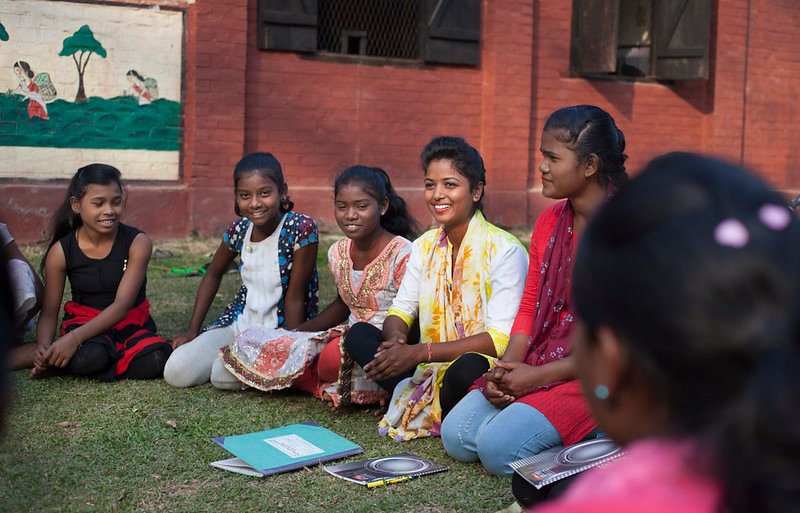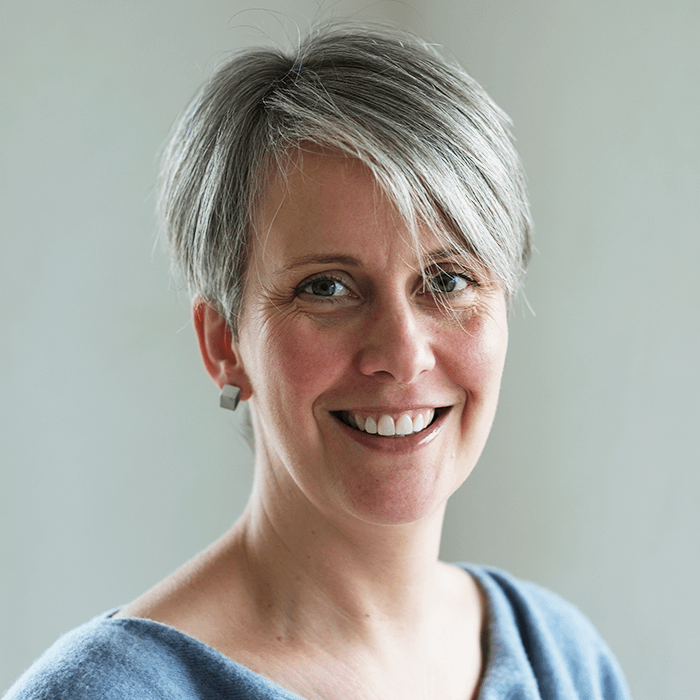The third phase of the ground-breaking partnership to help improve the lives of tens of thousands of children, women, and families in a third of Assam’s tea estates, is announced today. ETP and UNICEF have been working together since 2014 to support children, women, and families living in tea growing communities in Assam, India. There are many hardships facing tea growing communities, including a lack of adequate healthcare, poor nutrition, a lack of access to water, sanitation and hygiene facilities, under-investment in education, and a need for enhanced child protection. The Improving Lives Phase III programme aims to support children, women, and families living across 205 tea estates, by improving the underlying systems which impact the lives of workers and their families and thereby driving sustainable change for children.
The programme is an example of the power of scaling-up partnerships- by working with two major tea associations, the programme will deliver systemic change that will tackle the root causes of some of the most complex issues facing people living in Assam’s tea estates.
The Improving Lives programme helps children to realise their potential, despite the societal issues that may stand in their way.


